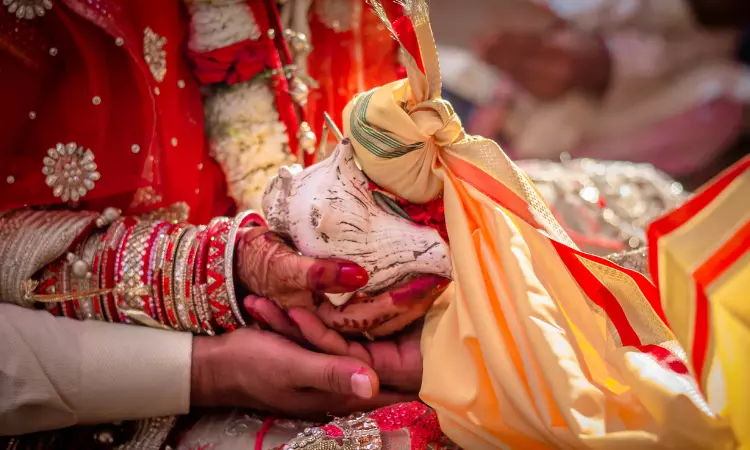'Kanyadan' Ceremony Not Essential For Solemnization Of A Marriage As Per Hindu Marriage Act: Allahabad High Court
Sparsh Upadhyay
5 April 2024 11:42 AM IST

Next Story
5 April 2024 11:42 AM IST
The Allahabad High Court has observed that the ceremony of Kanyadan is not essential for the solemnization of a Hindu marriage as per the Hindu Marriage Act."Thus, Hindu Marriage Act merely provides saptpadi as an essential ceremony of a Hindu marriage and it does not provide that the ceremony of kanyadan is essential for solemnization of a Hindu marriage," a bench of Justice Subhash...
